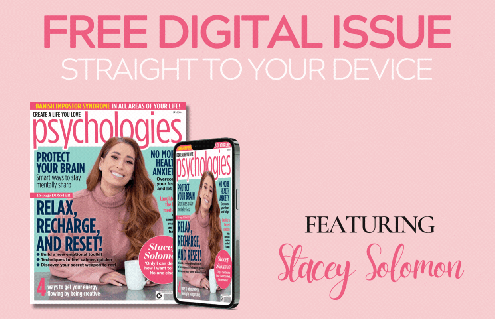Beat Overwhelm in 6 Steps
With workplaces and our roles within them in a constant state of change and transition it is easy to get stuck in overwhelm.

“If you want something done, ask a busy person to do it” as Lucille Ball said decades ago and it still seems to hold true. Are you the busy person who spins all the plates?
Here are six steps to break the habit and beat the overwhelm.
1. Be honest about what it gives you
This is perhaps the hardest and most crucial step. One of the reasons we get stuck in overwhelm is because at some level it is giving us something we want. An obvious benefit is paying the bills but that doesn’t explain just how hard we work or the extend to which we pile things into our lives.
At a deeper level being frantically busy can give us, for example
- A sense of achievement
- A feeling of being valued and needed by the people we’re doing things for
- A distraction from addressing what we really need to
Ask yourself – What might I be getting from this overwhelm, that’s keeps me here?
2. Accept that there will never be enough time
Someone once asked me ‘If you had all the time in the world, would you get everything done that you really want? All the work, all the travel, all the time with friends, all the books you want to read?’. It was a light-bulb moment that totally changed the way I look at time. Ticking off your entire ‘to do’ list in life is probably impossible, so the only answer is to make some choices and prioritise.
Ask yourself – What are the important choices I need to make? Next time you catch yourself saying ‘I haven’t had time’, change it to ‘I haven’t prioritised it’.
3. List all the things you do with your time now
Once you’ve been totally honest with yourself about what might be driving your overwhelm and you’ve embraced the fact that you’re going to have to make some choices, it’s time to get practical.
Take a stack of Post Its and write down all the things you spend your time doing. Write each one on a separate note – you can just keep it focused on work activities or you can include everything. It can help to literally look through your diary for the last few weeks.
4. Turn off the tap
A bath will always overflow if you leave the plug in and the tap running.
So, the next step is to really consider where you can turn off the tap. It might be taking yourself off some committees or working groups that you’ve just got into the habit of turning up to. It might be unsubscribing from some groups or magazines that pile up waiting to be read. It might be saying ‘no’ to some invitations that you feel you should go to, rather than really wanting to.
Ask a colleague or friend to go through these with you and challenge your thinking – have you really switched off all the things you can?
5. Pull out the plug
Not asking for help is a common challenge for people getting stuck in overwhelm. There can be all kinds of reasons for this – not wanting to be a burden, not wanting to be perceived as ‘failing’, wanting to appear ‘strong and resilient’.
Look through your remaining Post Its and consider which ones you could delegate to other people, or at least ask for some help with. Be specific about who from and when you will ask them.
Consider – Why have I not asked for help before? What assumptions have I made?
6. Book in the game-changers
Now look at the Post Its that are left – are these the things you want to prioritise? What’s missing? Write down anything new that you haven’t imagined having the time for before, the things that really will be game-changers in your experience of balance.
Literally book them into your diary and ask someone to support you in making sure you stick to your new commitments.
Emotional self-awareness and stress tolerance are two parts of emotional intelligence (or EQ), proven to be even more important than cognitive intelligence (IQ) in times of change and transition.
I’ll be posting more blogs on how you can develop your emotional intelligence – let me know the particular challenges you’d love to have help with.
Ella Overshott
Director
With over 25 years’ experience in sales and operational leadership, culture change, employee engagement and executive coaching, I bring a practicality and commercial focus to coaching. Experienced in working with high potential leaders, Executives and their teams, my approach combines big picture, forward thinking with digging deep to challenge old habits and limiting beliefs. Many of my clients are either experiencing a transition in role or are leading significant change in their organisation. As such, typical outcomes include: • Effective, productive relationships • Increased resilience and well-being • Authentic, effective leadership behaviours • Greater credibility and influence • High performing leadership teams • Shifting organisational culture and ways of working In addition to business and personal coaching accreditation, I am a practitioner in Gallup Strengthsfinder, Myers Brigg and EQi-2.0.


